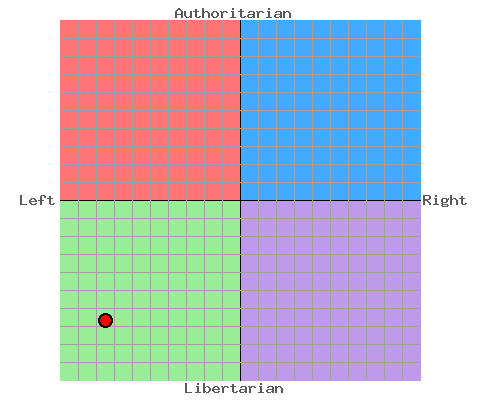Microtransactions: Breaking Stuff
April 24th, 2013
Breaking the News-Previews-Reviews Trinity
Thanks to the likes of Polygon and the collective efforts of Simon Parkin (I’m generalising, obviously, but these are two key examples), games journalism has made great strides over the past few years and “features” are now a significant part of most games press websites. Still, though, the uptake to long-form writing on a single game has been slow to say the least. Game-specific discussion pieces free writers from the cover-everything nature of reviews, allowing them to develop a voice and a style, assets which most games sites lack. I guess it’s up to bloggers like us to carry the torch for long-form games discussion.
Breaking the Tyranny that Publishers have over Players and Criticism
This paragraph was originally part of the preface to Rethinking Games Criticism: An Analysis of Wario Land 4.
Publishers are the dictators of the video games industry. Through trailers, controlled previews, planned leaks, media events, early access to review code, and “game journalists” who deliver PR straight from the horse’s mouth without scrutiny, publishers fuel the hype machine which sets the tone for the initial 4 months of a game’s release. The anticipation builds a near impenetrable wall of positive assumption of a games quality pre-release, which the majority of game reviewers do little to challenge. They either get caught up in it or just can’t overcome it individually—given their audience comes into a review expecting their opinions, shaped by the marketing, to be validated. This system, prolonged by DLC, traps players in a self-fulfilling cycle of purchases, which ensures continual cash flow for publishers. To discuss a game well past irrelevancy, like Wario Land 4, is therefore an act of rebellion, a move to show players an alternative to drip-fed corporate capitalism.
Freedom Vs Control
Freedom is an impenetrable beast. The positive associations of the word and the dominance of the American ideology, which ensures that said associations are always upheld, make it hard for someone to vouch for authorial control, but that’s what I’d like to do today. Freedom—as in absolute freedom, the kind that this heading is most concerned with—is destructive. You give too much freedom to a society and people will eat and rape each other. You give too much freedom to the markets and the financial institutions will rob the people of democracy. You give too much freedom to a player and they’ll choose the path of least resistance, thereby bypassing the education needed to develop their mastery of the game. Whether it be an open world game with a world so large that the designers can’t bend the landscape narrowly enough to ensure the player’s rigorously tested on the game mechanics or a strategy RPG where the player can customise their party to the point that they don’t have to play strategically, freedom can be a corrosive force in game design. Players, like students, need the guidance of a teacher before they can be let loose on their own. The more I think about, the more I believe restricted-to-freer practice is the only way to go when it comes to offering freedom in games. It seems that I haven’t finished with this idea just yet.




 Game Design Companion: A Critical Analysis of Wario Land 4 - $7.99
Game Design Companion: A Critical Analysis of Wario Land 4 - $7.99 Level Design: Processes and Experiences
Level Design: Processes and Experiences Speed Boost: The Hidden Secrets Behind Arcade Racing Design - $5.99
Speed Boost: The Hidden Secrets Behind Arcade Racing Design - $5.99 Adventures in Games Analysis: Volume I - $5.99
Adventures in Games Analysis: Volume I - $5.99







